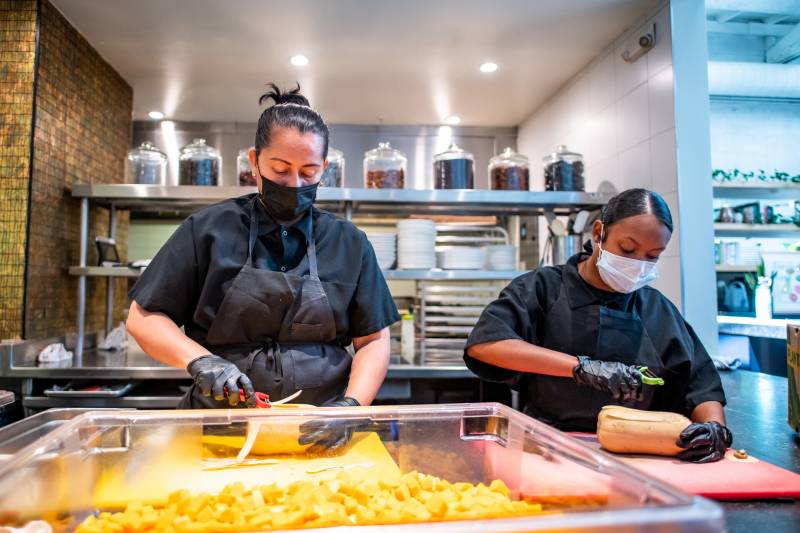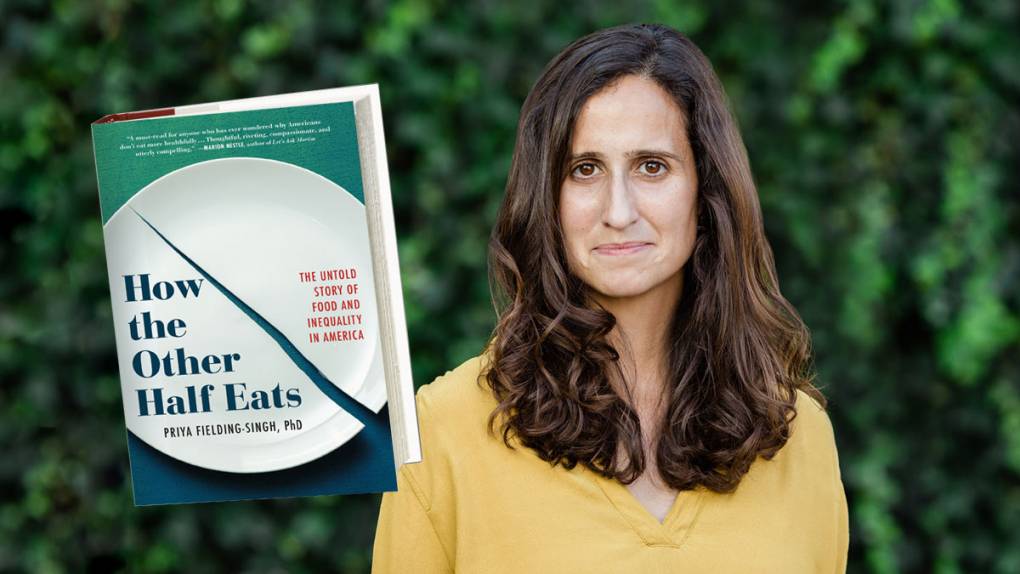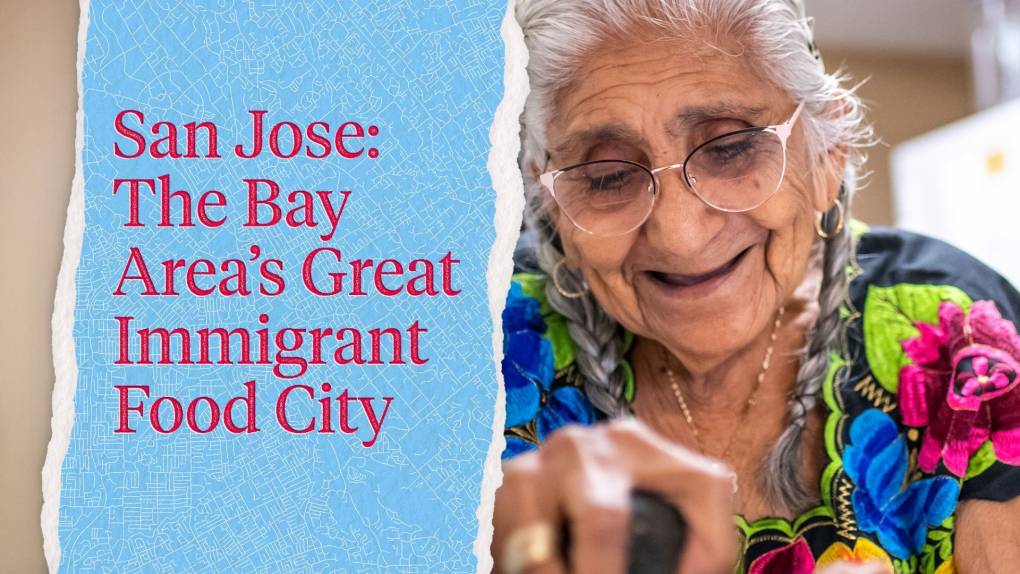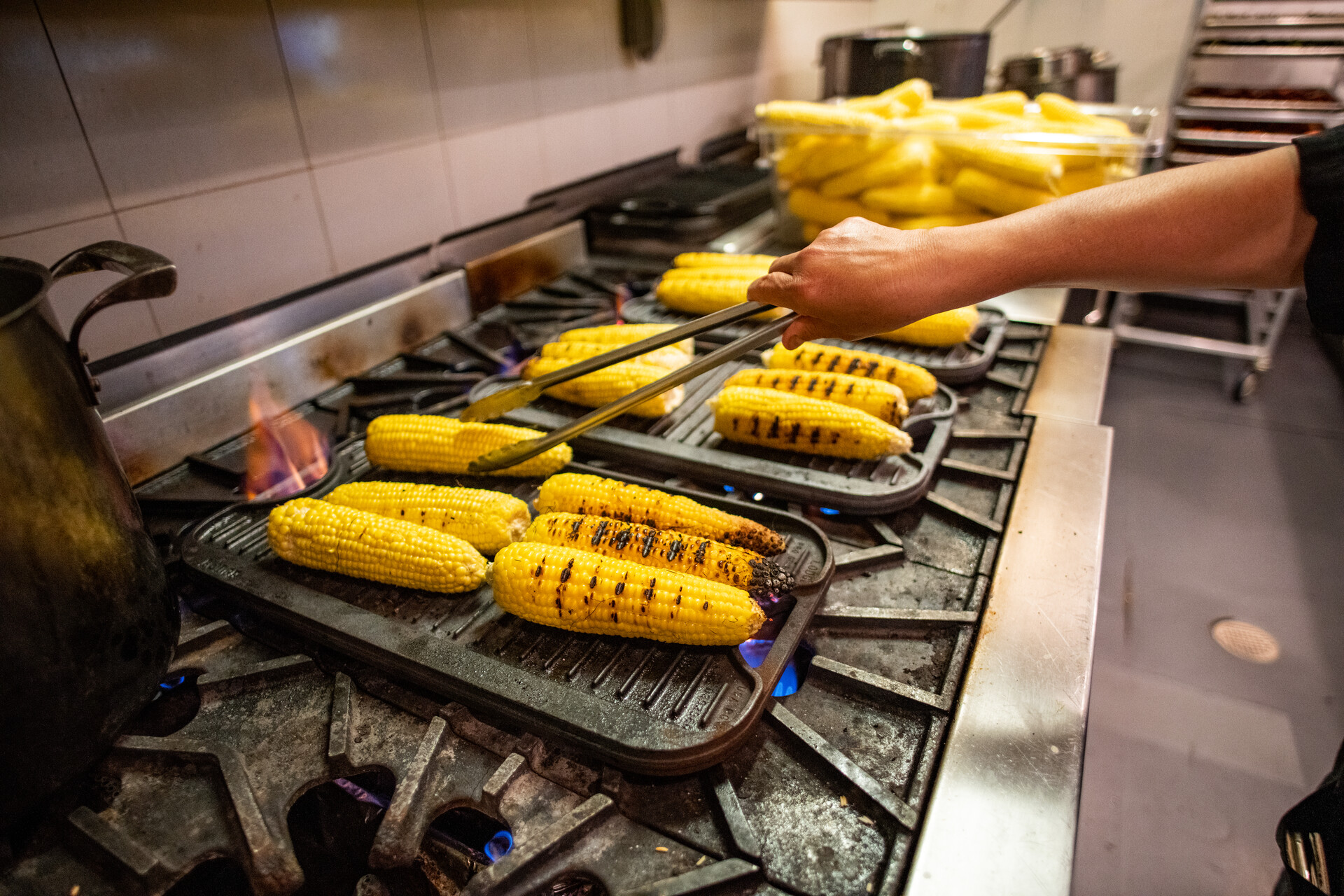In the age of social media, the food industry can sometimes feel like a popularity contest. Who delivers the most Instagrammable dishes? What exotic ingredients can be touted? Where can the most outrageous decor and cocktail menus be found? And I agree, food should be fun. There isn’t any shame in mindfully enjoying the Bay Area’s abundance of flavors.
But food is also a baseline necessity, and accessibility to healthy, joyful food shouldn’t be an exclusive thing—but often it is. As one of the nation’s leading per-capita regions for homelessness and income inequality, there is a warped sense of food in San Francisco. I’ve seen people eat out of trash cans in front of high-end restaurants and walked past people begging for meals while others take home leftovers provided by their generous employers. Though the experience of straddling those two extremes isn’t unique to the Bay Area, it’s more sharply edged around here.
This complex issue goes beyond any individual’s actions, of course, and the simple truth is this: All folks—regardless of age, background or life choices—deserve the benefits of our region’s wonderful culinary experiences.
When Farming Hope was established by Stanford FEED Design School Incubator graduates Kevin Madrigal and Jamie Stark in 2016, this kind of equity in the food ecosystem is the tenet they chose to build upon.
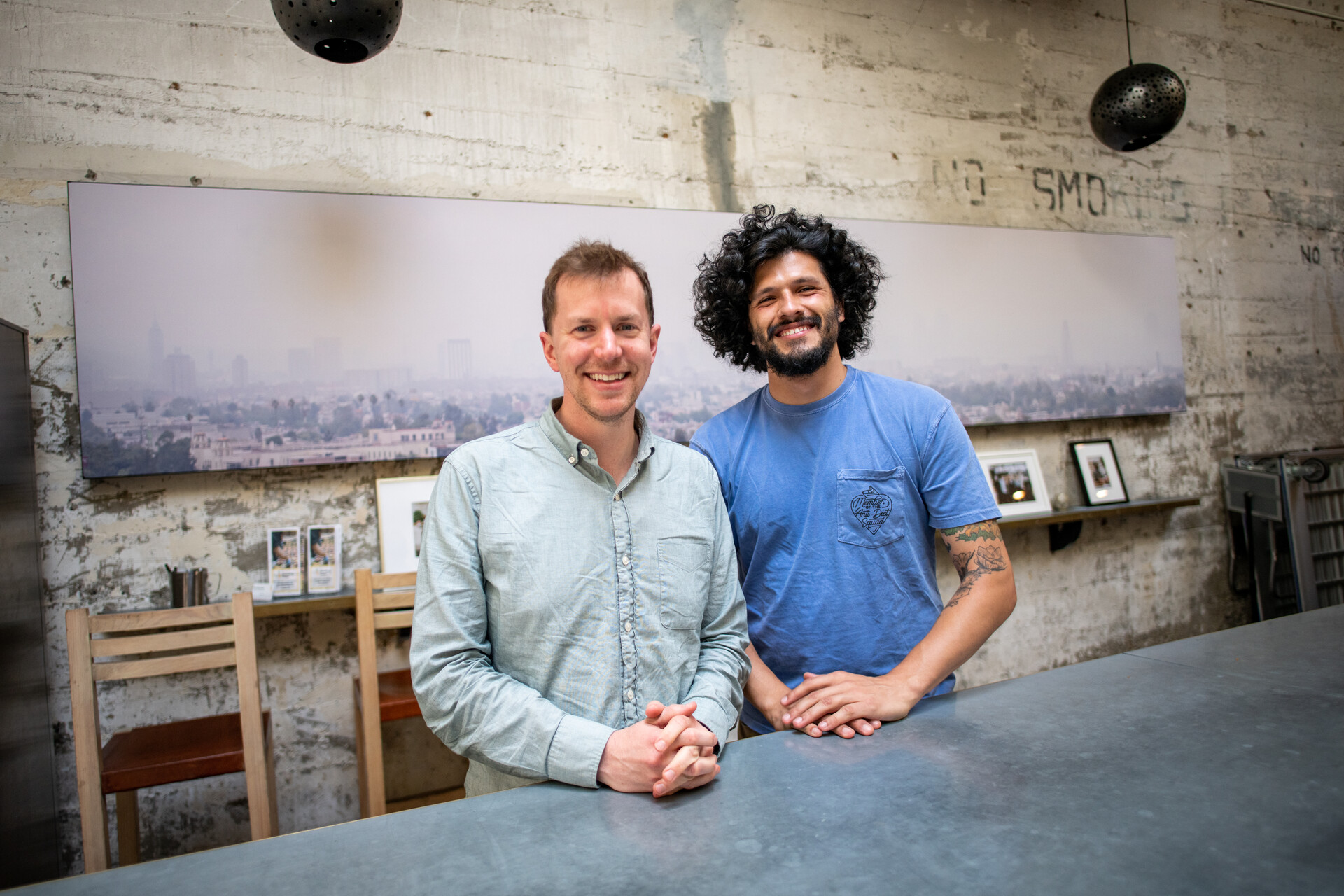
As a “garden-to-table” job training nonprofit, Farming Hope provides paid work opportunities to apprentices who might otherwise struggle to find stable, supportive employment in the food industry. Since it was founded in 2016, the organization has established various locations in San Francisco where it works with marginalized community members.
